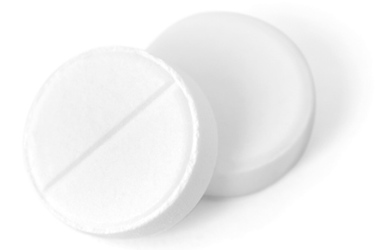Researchers Switch Up Paracetamol Production With Eco Method

By Katie Anderson, Chief Editor, Pharmaceutical Online

Scientists at the University of Edinburgh’s Wallace Lab developed a method to produce paracetamol that can reduce environmental pollution and the industry’s reliance on fossil fuels.
Rather than using fossil fuels to produce paracetamol, the process converts terephthalic acid from polyethelene terephthalate (PET) into paracetamol with genetically engineered Escherichia coli (E. Coli).
The process takes PET out of environmental pollution, produces nearly no carbon emissions and may be applicable to the production of other medicines.
Environmental Impact
The current method of producing paracetamol utilizes fossil fuels such as crude oil. The supply of these fossil fuels is waning, but moreover, their use contributes to environmental pollution and ultimately climate change.
Using PET to produce paracetamol not only reduces those emissions to virtually nothing, but it gives PET waste a practical use. As we know, millions of tons of PET plastic waste end up in our landfills and oceans each year.
Fermentation of Terephthalic Acid
Terephthalic acid is produced when PET breaks down, but to convert it to paracetamol without fossil fuels, the researchers needed fermentation. They genetically modified Escherichia coli to specifically change terephthalic acid into paracetamol. After terephthalic acid was fed to E. coli, a 90% yield of paracetamol resulted.
This process was conducted at room temperature and was produced in less than 24 hours. Though it is not yet ready for commercial level production, it presents a promising way to produce pharmaceuticals with less environmental impact. The study’s findings were published in Nature Chemistry, with funding from EPSRC Case Award and AstraZeneca and support of Edinburgh Innovations.
